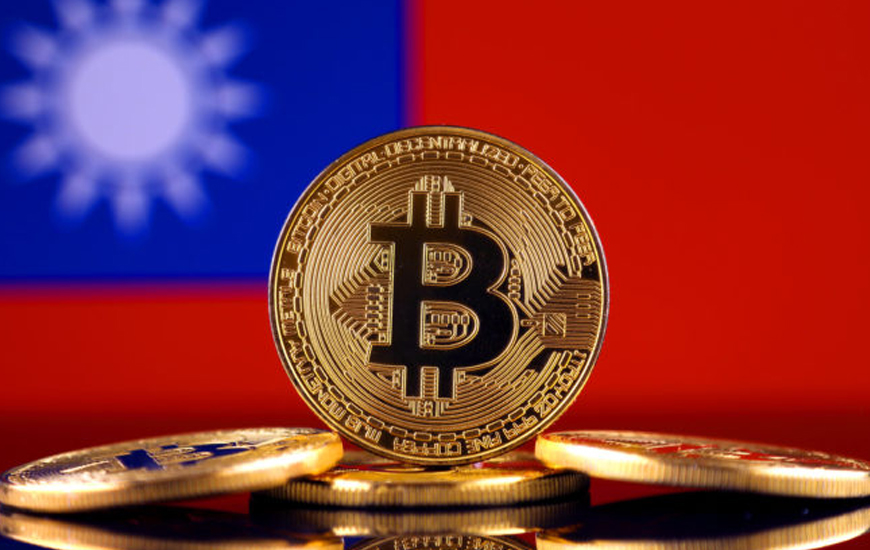- Since 2013, the Financial Supervisory Commission (FSC) and the Central Bank of the Republic of China (Taiwan) have maintained that bitcoin is a highly speculative digital virtual commodity
- In January 2020, the FSC and the Taipei Exchange (TPEx) worked on a set of STO regulations that were finalized
- There are no formal laws or regulations dealing with cryptocurrency trading as long as security tokens are not involved
At the time of writing, cryptocurrencies were not accepted as a form of payment in Taiwan. Since 2013, the Central Bank of the Republic of China (Taiwan) and the Financial Supervisory Commission (FSC) have maintained that bitcoin is a highly speculative digital virtual commodity rather than a currency. Since 2014, the FSC has prohibited local banks from accepting Bitcoin or providing any Bitcoin-related services. Aside from that, no formal laws or regulations dealing exclusively with cryptocurrencies have been published or modified, with the exception of Anti-money laundering (AML) rules for virtual currency platforms and trading businesses, and the rules governing security tokens, also known as security tokens, and their offerings, also known as security token offerings (STOs); and (2) the rules governing tokens with the nature of securities, also known as security tokens, and their offerings, also known as security token offerings (STOs).
The FSC and the Taipei Exchange (TPEx) collaborated on a set of STO regulations that were completed in January 2020. The NT$30 million (US$1 million) barrier distinguishes the STO rules. If the STO is worth less than NT$30 million, the STO may be performed in accordance with the STO regulations.
An STO worth more than NT$30 million must first apply to be tested in the financial regulatory sandbox, and if the experiment is successful, it must be carried out in accordance with the SEA. Several facts governing the above-mentioned regulation were that Professional investors are the only ones who may engage in STOs. The maximum subscription amount for a professional investor who is a natural person is NT$300,000 per STO. In addition to that, without shareholders’ rights, the issuer can only issue profit-sharing or debt tokens, the platform operator must get a securities dealer license, have NT$100 million in paid-in capital, and post a NT$10 million operation bond, and the issuer must be a Taiwanese business limited by shares, not a firm listed on the Taiwan Stock Exchange or TPEx, or a company trading on the Emerging Stock Market.
Although no STO platform operator exists in Taiwan, there have been the crypto platform or exchange operators providing services in connection to cryptocurrencies that are not security tokens. As previously stated, as long as security tokens are not involved, there are no rules or regulations explicitly dealing with cryptocurrency trading, therefore there is presently no necessary license in Taiwan for crypto platforms or exchange operators. In terms of anti-money laundering (AML), the most recent revised Money Laundering Control Act (AML Act), which went into effect in November 2018, brings virtual currency platforms and trading businesses within Taiwan’s AML regulatory system. However, until the AML judgment was announced, the government had made no more progress in implementing the revised AML Act.

With a background in journalism, Ritika Sharma has worked with many reputed media firms focusing on general news such as politics and crime. She joined The Coin Republic as a reporter for crypto, and found a great passion for cryptocurrency, Web3, NFTs and other digital assets. She spends a lot of time researching and delving deeper into these concepts around the clock, and is a strong advocate for women in STEM.


 Home
Home News
News










